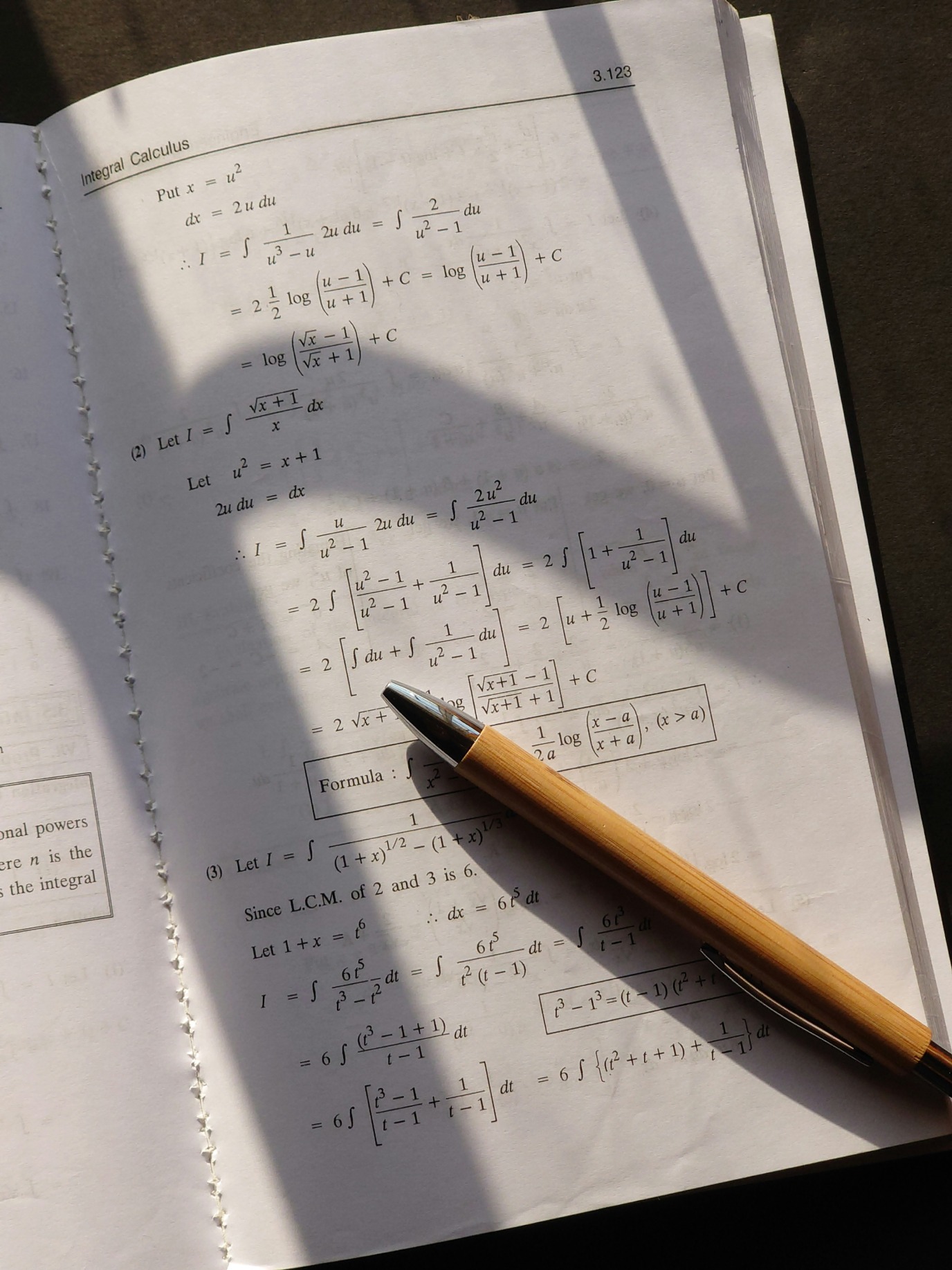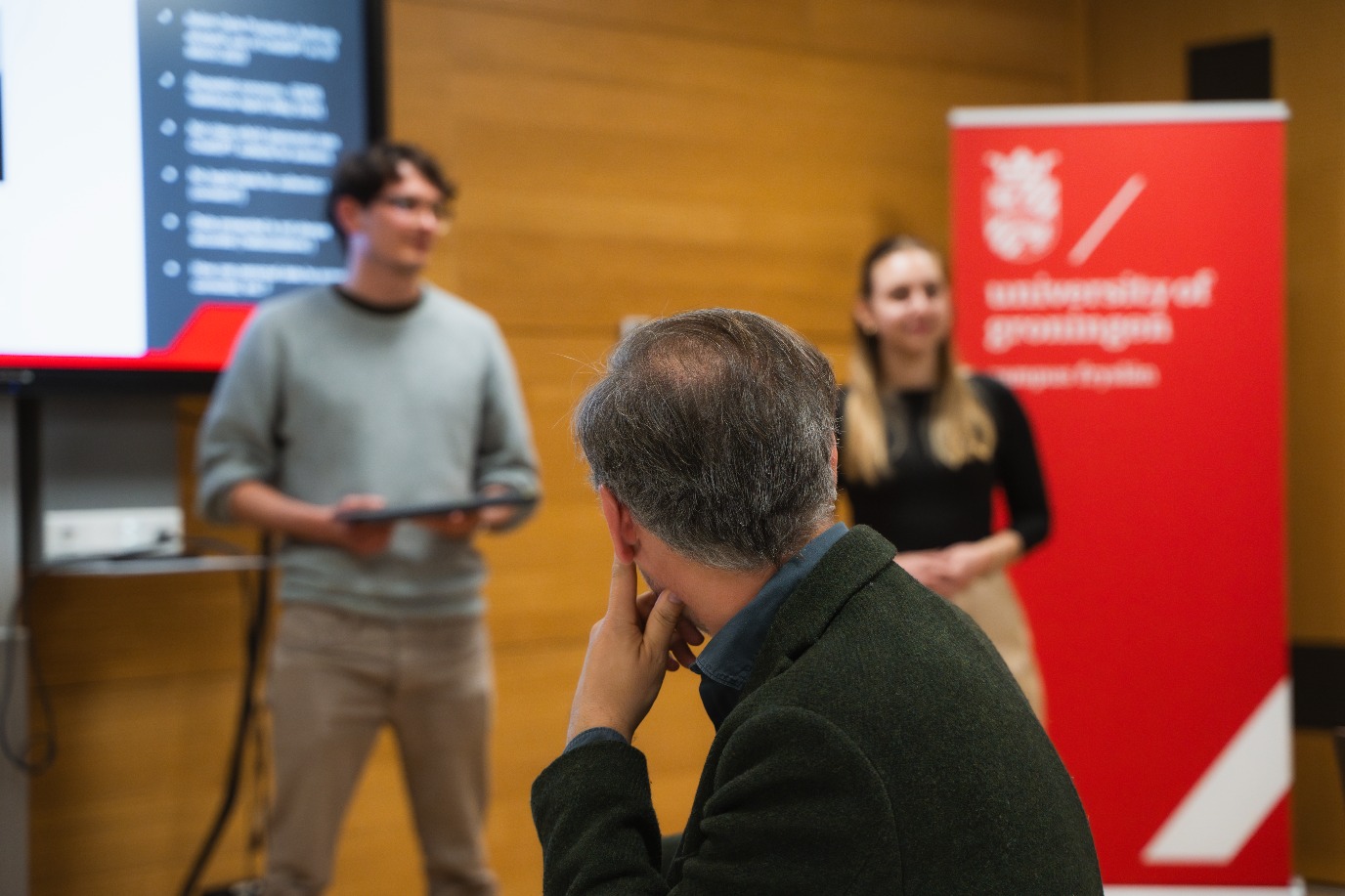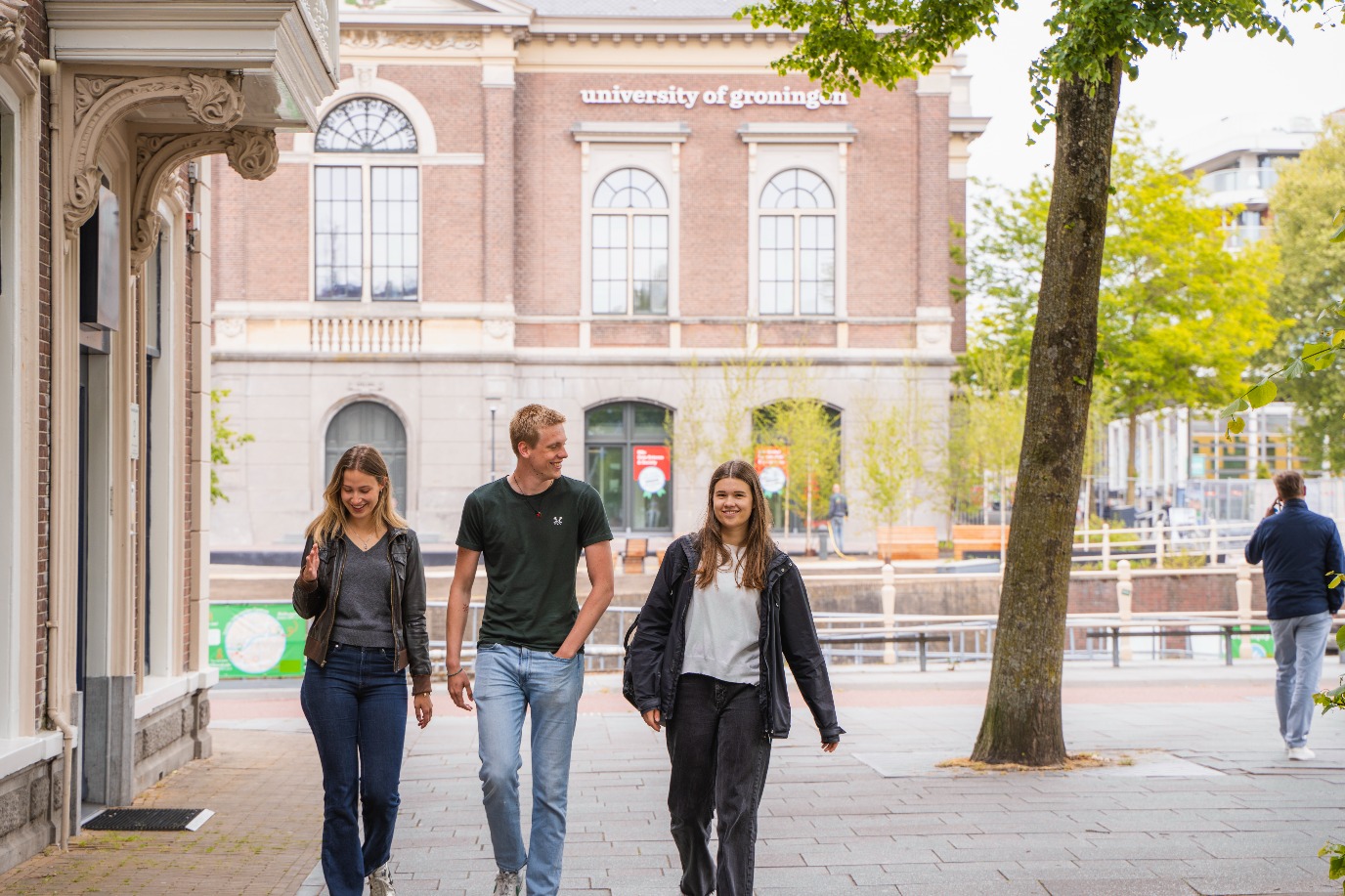Skill Boost: Data Science & Society Students Take It Further

Once you become a student of Data Science & Society, you will follow a structured curriculum designed to provide a strong foundation in both technical and ethical skills. However, you are still free to enrich your programme with extracurricular courses offered by other faculties at the University of Groningen. These courses can help you deepen or broaden your technical expertise, or explore social, legal, or other areas that you find particularly relevant. To give you an idea, we asked three DSS students to share which extracurricular courses they have taken, or are currently taking, to tailor their curriculum to their personal interests and ambitions.
→ Download the brochure for the Data Science and Society bachelor’s to explore our testimonials, course list, partner collaborations, and the wide range of opportunities it offers.
Hi there! Which year of the DSS programme are you in, and which extracurricular courses have you taken?
1. Danila:
Hello, my name is Danila and I am currently a second-year student in the Data Science and Society programme. During my first year, I took the extracurricular course Linear Algebra for Computing Science, offered by the Faculty of Science and Engineering at Zernike campus.
2. Ewa:
Hi! I am Ewa and I’m in my second year of the Data Science and Society programme, currently taking Calculus for Artificial Intelligence from the Faculty of Science and Engineering.
3. Freark:
Hey! My name is Freark de Lange and I am in my second year of BSc Data Science & Society. Recently, I took an additional course called Object-Oriented Programming which is part of the BSc Artificial Intelligence offered by the Faculty of Science and Engineering.

What did the course involve?
1. Danila:
The Linear Algebra course provided an introduction to the mathematical concepts and techniques used in computing and data analysis. It covered systems of linear equations, vector spaces, matrices, determinants, eigenvalues and eigenvectors. We learned to analyse and solve linear systems, write matrices representing linear transformations and changes of basis, determine properties of vectors and vector spaces and perform matrix operations such as multiplication, inversion and transposition.
The course was composed of lectures and tutorials and the assessments consisted of individual homework assignments, a written midterm and a written final exam.
2. Ewa:
The main topics covered in Calculus for AI include real functions of one real variable, models, limits, derivatives, extrema and Taylor expansions. We are also introduced to complex numbers as an extension of the real number system.
Finally, the course covers differential equations to describe processes in fields like physics, economics and medical sciences, including topics such as initial value problems, directional fields, equilibrium and stability, separation of variables, variation of constants, homogeneous and inhomogeneous systems.
3. Freark:
The primary topic of the Object-Oriented Programming course is, as the title of the course already suggests, learning how to code using objects. Objects are similar to blueprints and allow you to write modular and reusable code, which is an essential skill when working on large coding projects.
The course also included several secondary topics, such as design patterns and automatic code testing. These topics were taught in weekly lectures at the Zernike campus in Groningen and were primarily assessed through coding assignments.
Why did you choose to take this specific course?
1. Danila:
I chose this course because data science involves a lot of math and I wanted to make sure I truly understand it. Sometimes it’s easy to apply formulas or methods without really knowing what is happening behind them and I wanted to avoid that.
2. Ewa:
I decided to take Calculus for AI as an investment for the future, as this is often a required course for master’s programmes in Data Science.
3. Freark:
A friend of mine asked if I wanted to join him in taking this course, as the coding assignments were to be done in pairs. I am very glad he did, as I really enjoyed the intensity of coding in this course.

❝Data science involves a lot of math and I wanted to make sure I truly understand it.❞
Do you plan to take any additional extracurricular courses in the future? If so, which ones and why?
1. Danila:
Yes, I’m planning to take a few more courses. I’d like to take some other math classes, like calculus. I’m also interested in more programming courses, since getting comfortable with different languages and tools can really open up new ways to tackle problems.
2. Ewa:
I may consider taking additional courses in the future, but I don’t have any specific ones planned yet.
3. Freark:
Yes, absolutely! I am planning on taking extra courses in mathematics and computing science. By doing so, I hope to increase my eligibility for more master’s programmes.

Join the programme!
Did our blog post make you interested? Visit our BSc Data Science & Society webpage and sign up for our monthly newsletter. See you there!
About the author
Dani, Ewa and Freark are currently students of the BSc in Data Science & Society at Campus Fryslân, University of Groningen.

